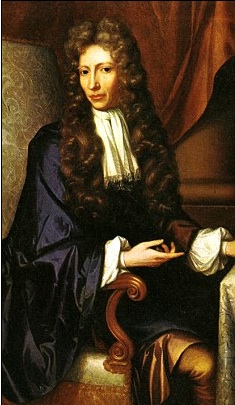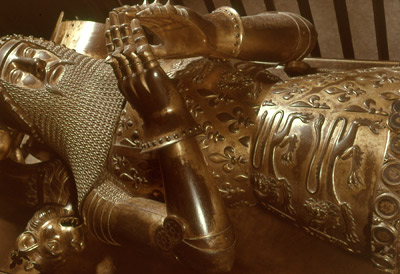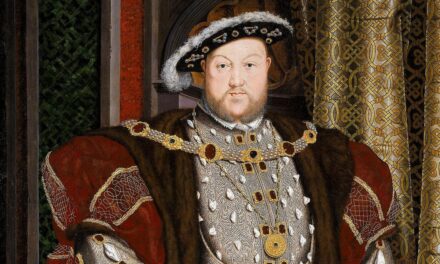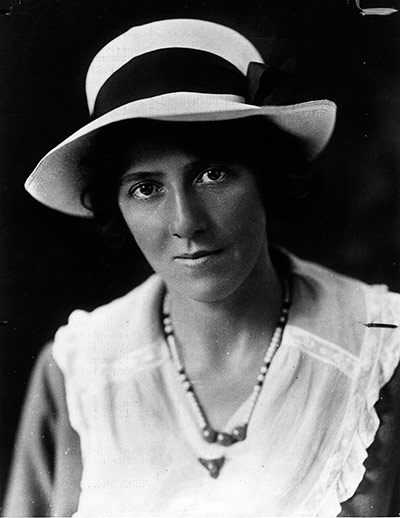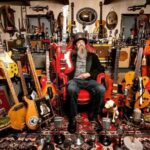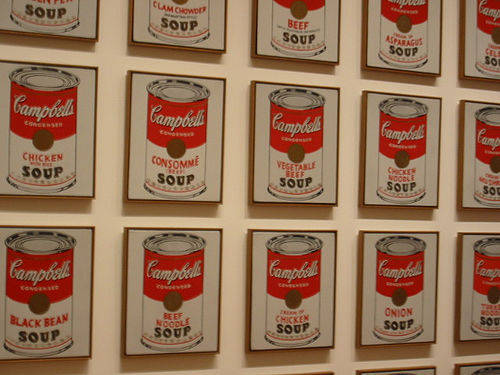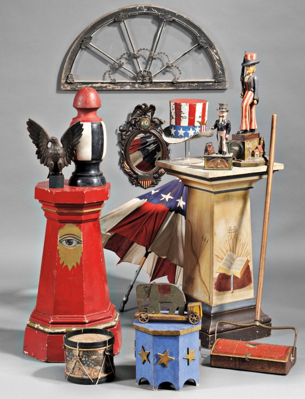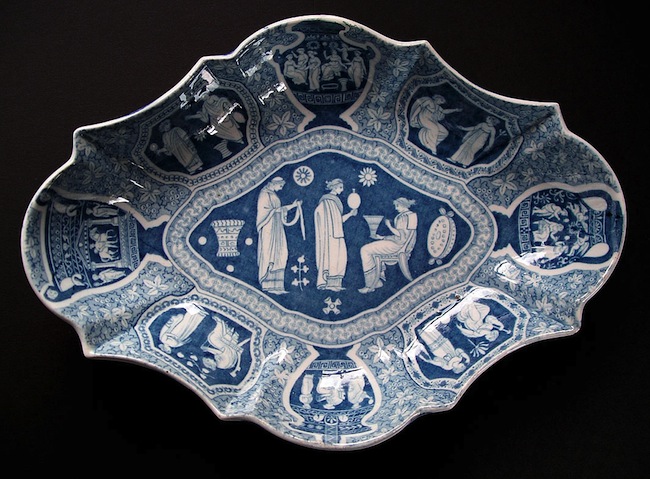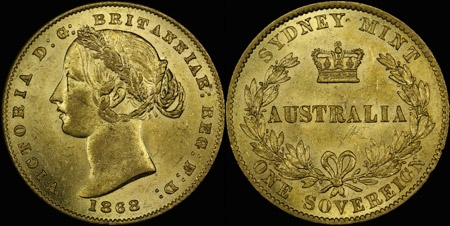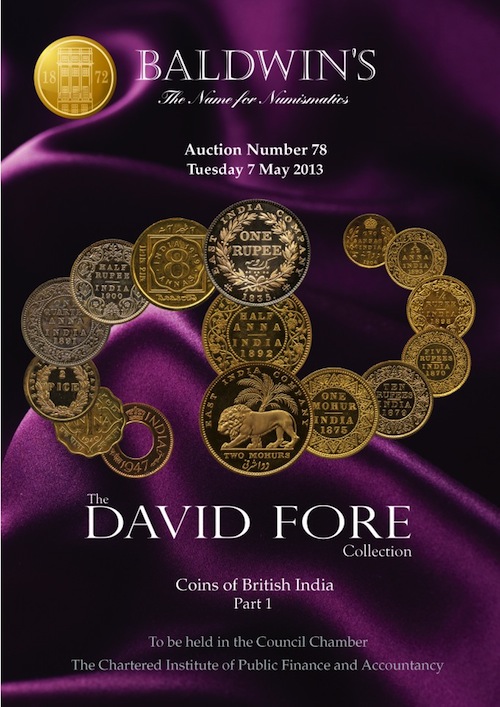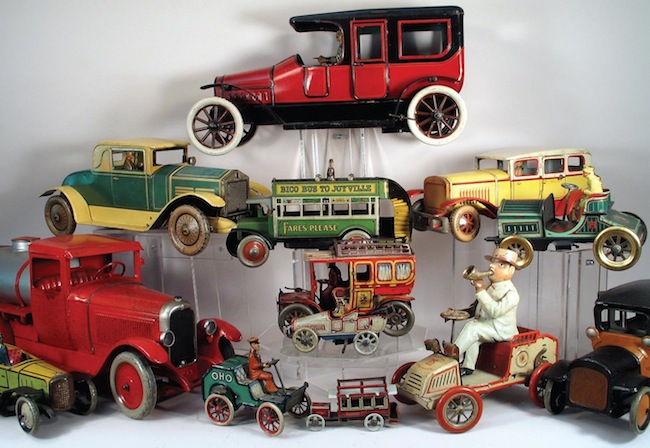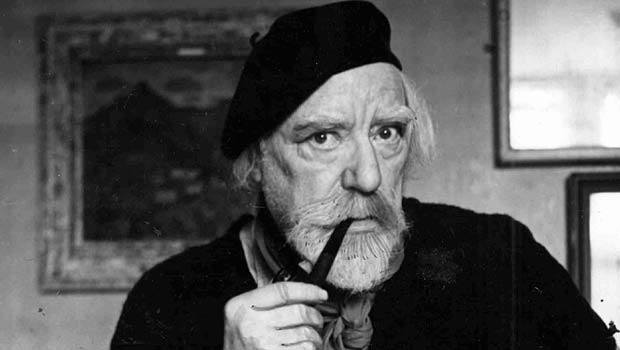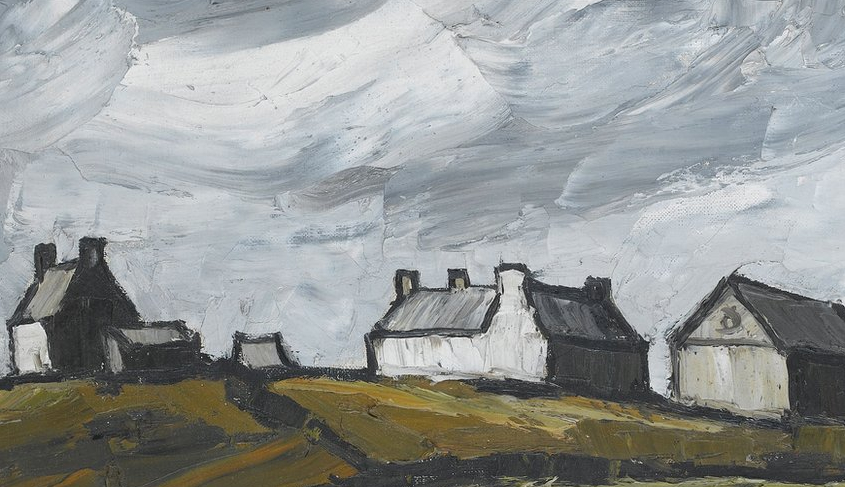More than 350 years ago, Robert Boyle wrote a wish list of what he hoped science would one day achieve.
In an era when Sir Isaac Newton was discovering gravity, Samuel Pepys was writing his diary and the bubonic plague was ravaging London, Boyle predicted many of the scientific revolutions that would take place during the next four centuries.
His list covers developments that would have seemed outlandish to his contemporaries, from the dawn of air travel to the invention of painkillers.
He was a leading intellectual figure of the 17th century and one of the founders of modern chemistry.
Robert Boyle was born on 27 January 1627 in County Waterford in the south-east of Ireland. He was the seventh son of the earl of Cork. He was educated at Eton and then travelled and studied in Europe. He returned from the continent in 1644 extremely interested in science and settled in Dorset where he built a laboratory. In 1655 or 1666, Boyle moved to Oxford. It was here that he engaged Robert Hooke as an assistant and together they devised the most famous piece of experimental equipment associated with Boyle, the vacuum chamber or air-pump.
Boyle’s Law is for which he remains most famous. This states that if the volume of a gas is decreased, the pressure increases proportionally. Understanding that his results could be explained if all gases were made of tiny particles, Boyle tried to construct a universal ‘corpuscular theory’ of chemistry. He defined the modern idea of an ‘element’, as well as introducing the litmus test to tell acids from bases, and introduced many other standard chemical tests.
At this time even the idea of an experiment was controversial. The established method of ‘discovering’ something was to argue it out, using the established logical rules Aristotle and others had worked out 2,000 years before. Boyle was more interested in observing nature and drawing his conclusions from what actually happened. He was the first prominent scientist to perform controlled experiments and publish his work with details concerning procedure, apparatus and observations.
He began to publish in 1659 and continued to do so for the rest of his life on subjects as diverse as philosophy, medicine and religion.
In 1660, together with 11 others, Boyle formed the Royal Society in London which met to witness experiments and discuss what we would now call scientific topics.
In 1668, Boyle moved permanently to London, living with his sister. In 1680 he refused the presidency of the Royal Society because the oath required violated his strongly held religious principles.
Boyle died in London on 31 December 1691.
The prophet of science. 17th century chemist who foresaw the hi-tech future

